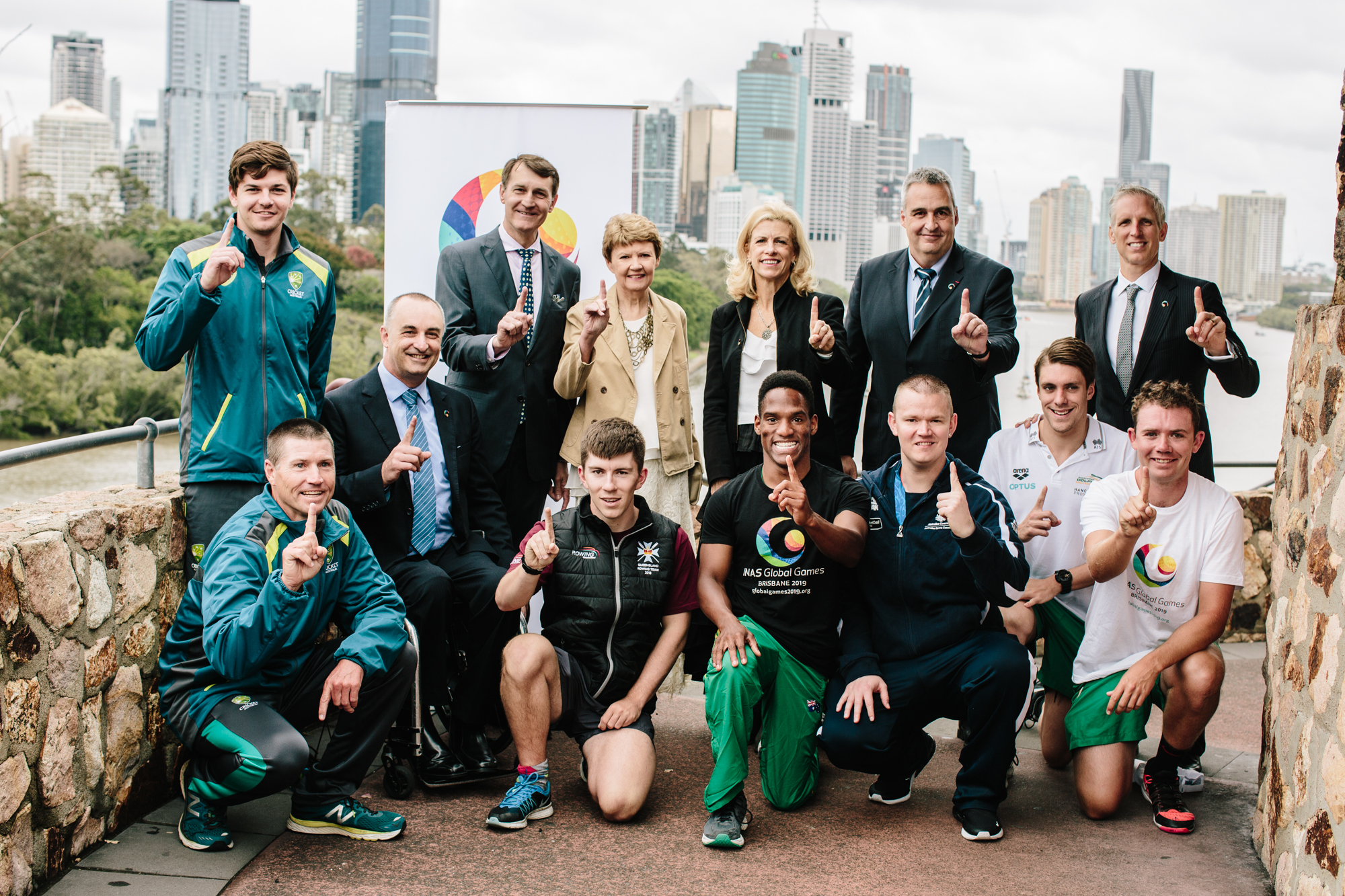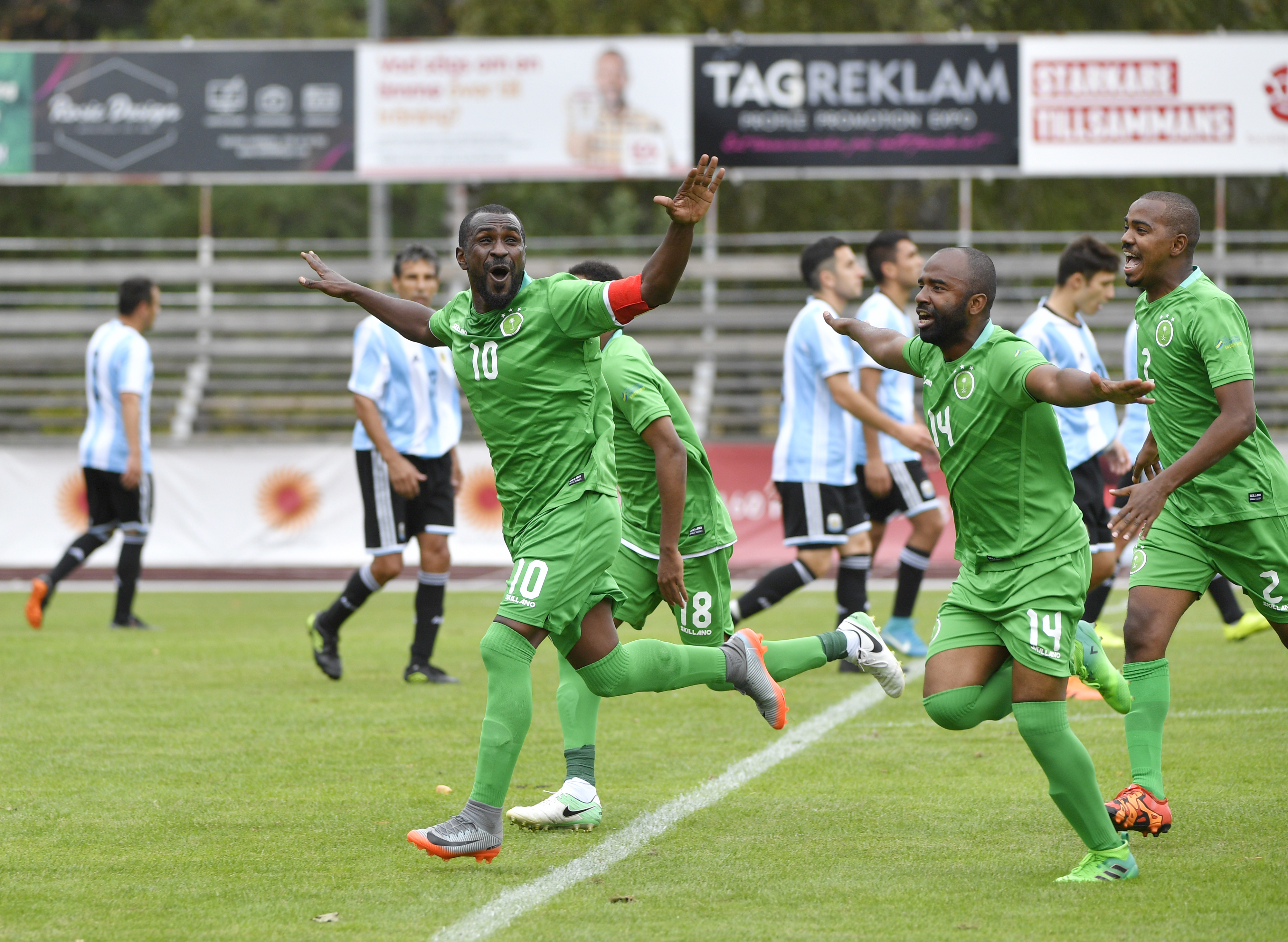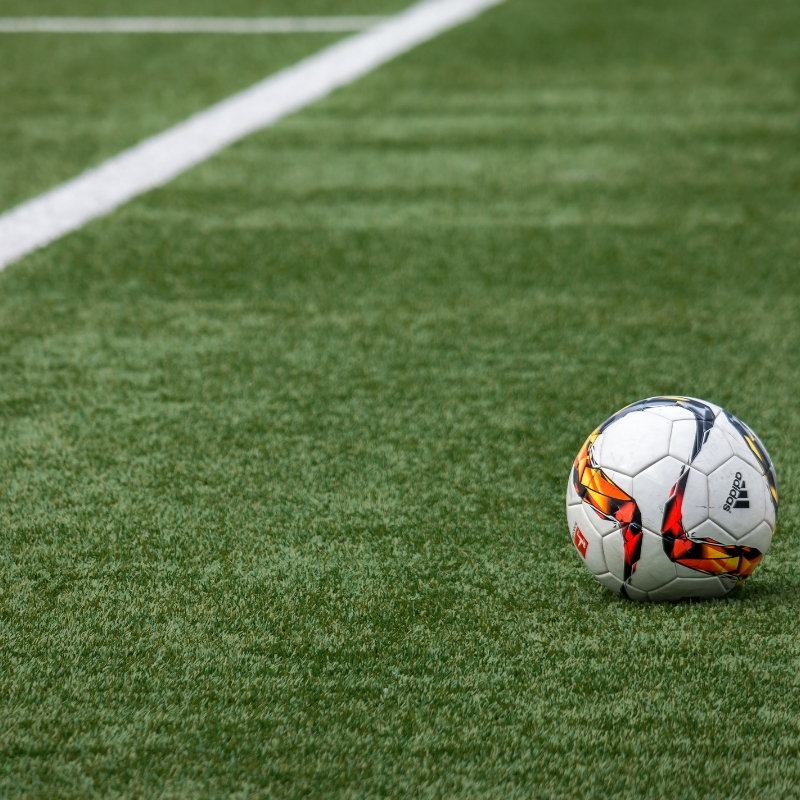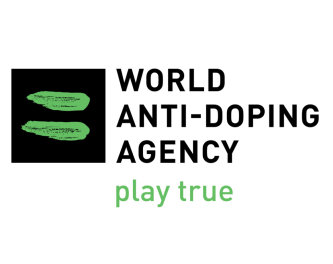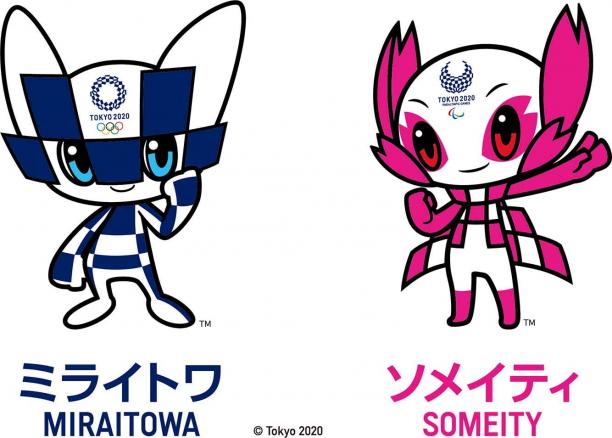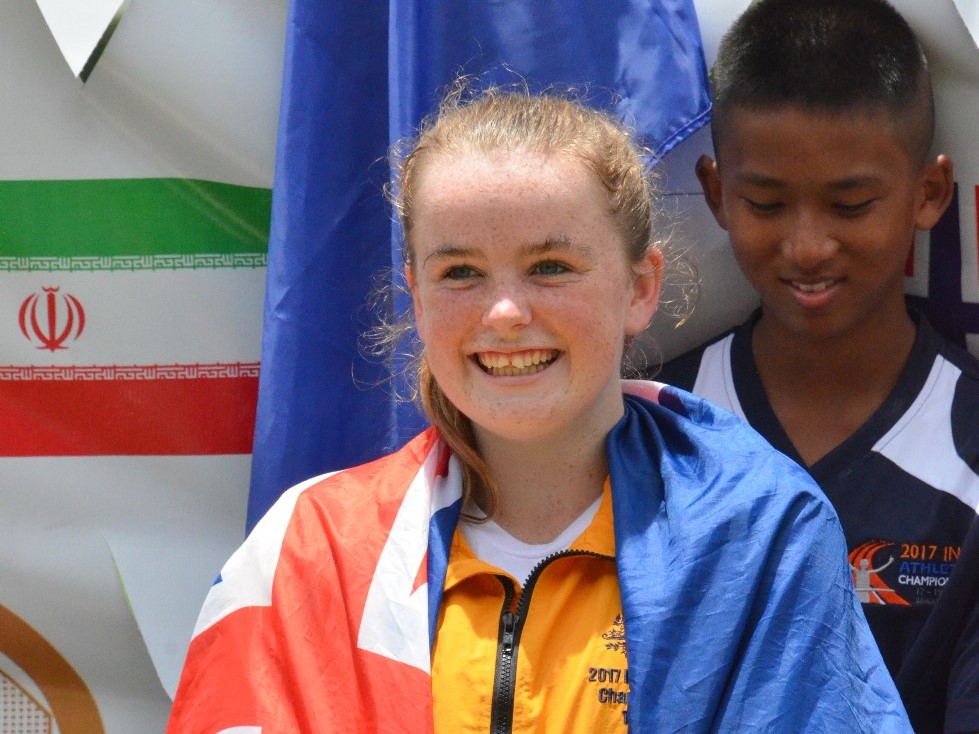World Intellectual Impairment Sport celebrate one year to go to World Intellectual Impairment Sport Global Games
World Intellectual Impairment Sport is today marking one year to go until the Opening Ceremony of the 2019 Global Games in Brisbane, Australia. More than 1,000 of the world’s best athletes will compete in nine sports 12-16 October in the worlds biggest high performance sports event for athletes with an intellectual impairment.
Marking the occasion, World Intellectual Impairment Sport President Marc Truffaut and Barry Holman (Chair World Intellectual Impairment Sport Games Committee) were joined by Duane Kale (IPC Vice President) and Brisbane Mayor and Lady Mayoress Graham and Anne Quirk together with a number of Team Australia athletes for the launch of a Games-branded CityCat and bus.
One year to go also marks the opening of the entry process and World Intellectual Impairment Sport Members now have until 3rd December to register their intention to participate in Australia next year.
Swimming and athletics competitions have also been approved by World Para Swimming and World Para Athletics. This means that results and records will be recognised within the world rankings for both sports – crucial for athletes as they continue their road to the Tokyo 2020 Paralympic Games.
Finally it has been confirmed that the 2019 World Intellectual Impairment Sport Tri-Nations Cricket will take place as part of the Global Games.
World Intellectual Impairment Sport President Marc Truffaut said: “With just 12 months to wait until the next edition of the competition excitement is really building. We expect it to be a milestone in the history of the Global Games, representing the best edition ever and providing a platform for continued growth.
“The Games are intended to be a springboard for athletes towards the Paralympic Games. However for those sports not on that programme, it is the highest level they can compete at. That, and the relevance of World Intellectual Impairment Sport within the wider Para sport landscape, is why it is so important to get right”.
Following the 1 year to go celebration, a site visit will take place including operational meetings with the organisers and National Federations. For the first time ever, those countries bidding to host future editions of the Global Games – Japan, Argentina, Mexico and India – have been invited to present during some sessions.
Truffaut added “I would like to congratulate the organisers on their work so far and I look forward to seeing some of the venues and facilities next week during our visit with the Global Games Committee.”
More information is available at official website.

